Boost your fitness with Protein Supplements For Sale! Explore whey, casein, soy, and more to support muscle growth, recovery, and overall health.
Protein Supplements For Sale
Protein Supplements: Powering Your Performance or Just Empty Calories?
Protein supplements have become a ubiquitous sight in gyms, health stores, and even supermarkets. From whey protein shakes to vegan protein blends, the options seem endless, and the promises are enticing: increased muscle mass, faster recovery, and even weight loss. But are these supplements truly essential, or just another marketing ploy preying on our desire for a shortcut to a fitter physique?
This article delves into the world of protein supplements, exploring their benefits, potential downsides, and how to determine if they’re right for you.
What are Protein Supplements?
Protein supplements are concentrated sources of protein derived from various sources, including:
- Whey: A byproduct of cheese making, whey protein is rapidly absorbed and rich in essential amino acids. It’s a popular choice for post-workout recovery.
- Casein: Another milk-derived protein, casein is digested slowly, providing a sustained release of amino acids. Often taken before bed to aid overnight recovery.
- Soy: A plant-based protein source, soy protein is a complete protein, meaning it contains all nine essential amino acids.
- Pea: Another vegan option, pea protein is easily digestible and a good source of iron.
- Rice: Rice protein is a hypoallergenic option, suitable for those with sensitivities to dairy or soy.
- Hemp: Hemp protein is a complete protein and contains omega-3 and omega-6 fatty acids.
These protein sources are processed into powders, bars, drinks, and other formats to provide a convenient way to increase protein intake.
Potential Benefits of Protein Supplements:
When used strategically, protein supplements can offer several benefits:
- Muscle Growth and Repair: Protein provides the building blocks (amino acids) necessary for muscle protein synthesis, the process that builds and repairs muscle tissue. This is particularly important for athletes, bodybuilders, and individuals engaging in resistance training.
- Improved Recovery: Consuming protein after exercise helps replenish depleted amino acid stores and reduces muscle soreness.
- Weight Management: Protein can promote feelings of fullness (satiety), potentially leading to reduced calorie intake and supporting weight loss or maintenance.
- Convenience: Protein supplements offer a quick and easy way to meet protein needs, especially for those with busy schedules or dietary restrictions.
- Increased Protein Intake for Specific Populations: Certain individuals, such as vegans, vegetarians, older adults, and those recovering from illness, may find it challenging to meet their protein requirements through food alone. Supplements can help bridge the gap.
Potential Drawbacks of Protein Supplements:
Despite the potential benefits, protein supplements also have potential downsides to consider:
- Digestive Issues: Some individuals may experience digestive discomfort, such as bloating, gas, or diarrhea, particularly with certain types of protein (e.g., whey concentrate).
- Kidney Strain: While generally safe for individuals with healthy kidneys, excessive protein intake can potentially strain the kidneys, especially over prolonged periods.
- Allergies and Sensitivities: Some protein sources, like whey and soy, can trigger allergic reactions or sensitivities in certain individuals.
- Hidden Ingredients: Some supplements may contain added sugars, artificial sweeteners, fillers, and other ingredients that are detrimental to health.
- Cost: Protein supplements can be expensive, especially when compared to whole food sources of protein.
- Not a Replacement for a Balanced Diet: Protein supplements should not be used as a substitute for a healthy, balanced diet rich in whole foods. They are intended to supplement your dietary intake, not replace it.
Protein Supplements For Sale
Do You Need Protein Supplements?
The million-dollar question: Do you actually need protein supplements? The answer depends on several factors, including:
- Your Activity Level: Individuals engaging in regular resistance training or high-intensity exercise typically require more protein than sedentary individuals.
- Your Dietary Intake: If you’re already consuming sufficient protein through your diet (e.g., meat, poultry, fish, eggs, dairy, legumes, nuts, seeds), you may not need supplements.
- Your Goals: If your goal is to build muscle mass, protein supplements can be a helpful tool, but they are not essential for everyone.
- Your Dietary Restrictions: Vegans, vegetarians, and individuals with food allergies or sensitivities may find protein supplements helpful to ensure adequate protein intake.
Determining Your Protein Needs:
A general guideline for protein intake is 0.8 grams of protein per kilogram of body weight per day for sedentary individuals. However, athletes and those engaging in resistance training may require 1.2-2.0 grams of protein per kilogram of body weight per day.
Before Taking Protein Supplements:
- Consult with a healthcare professional or registered dietitian. They can assess your individual needs and provide personalized recommendations.
- Read labels carefully. Pay attention to the ingredients, serving size, and nutritional information.
- Choose reputable brands. Look for products that have been third-party tested for quality and purity.
- Start with a small dose. Monitor your body’s response and gradually increase the dose as needed.
- Prioritize whole food sources of protein. Supplements should be used to complement your diet, not replace it.
Conclusion:
Protein supplements can be a convenient and effective tool for increasing protein intake and supporting muscle growth, recovery, and weight management. However, they are not a magic bullet and should be used judiciously. Before incorporating protein supplements into your routine, it’s essential to assess your individual needs, prioritize whole food sources of protein, and consult with a healthcare professional or registered dietitian. By making informed choices, you can harness the potential benefits of protein supplements while minimizing the risks and maximizing your overall health and well-being.
Showing all 10 results
-

Algae meal for sale
$1,700.00 -
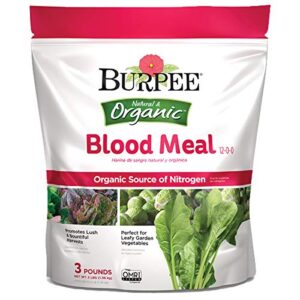
Blood meal for sale
$1,100.00 -

Buy Distillers Dried Grains with Solubles (DDGS)
$320.00 -
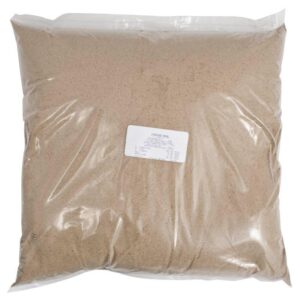
Feather meal for sale
$661.83 -
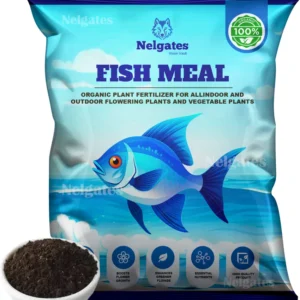
Fish Meal for sale
$1,627.12 -
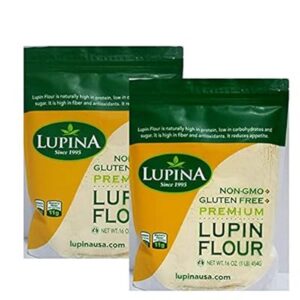
Lupin meal for sale
$300.00 -
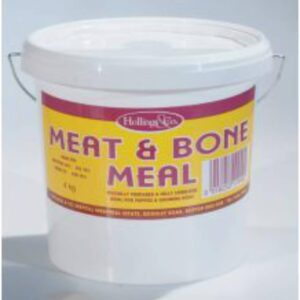
Meat and bone meal for sale
$530.00 -
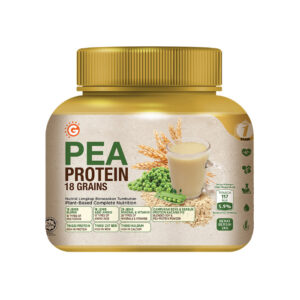
Pea protein for sale
$57.99 -
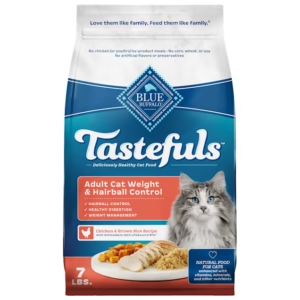
Poultry By-product Meal for sale
$250.00 -

Spirulina cattle supplement for sale
$35.00

